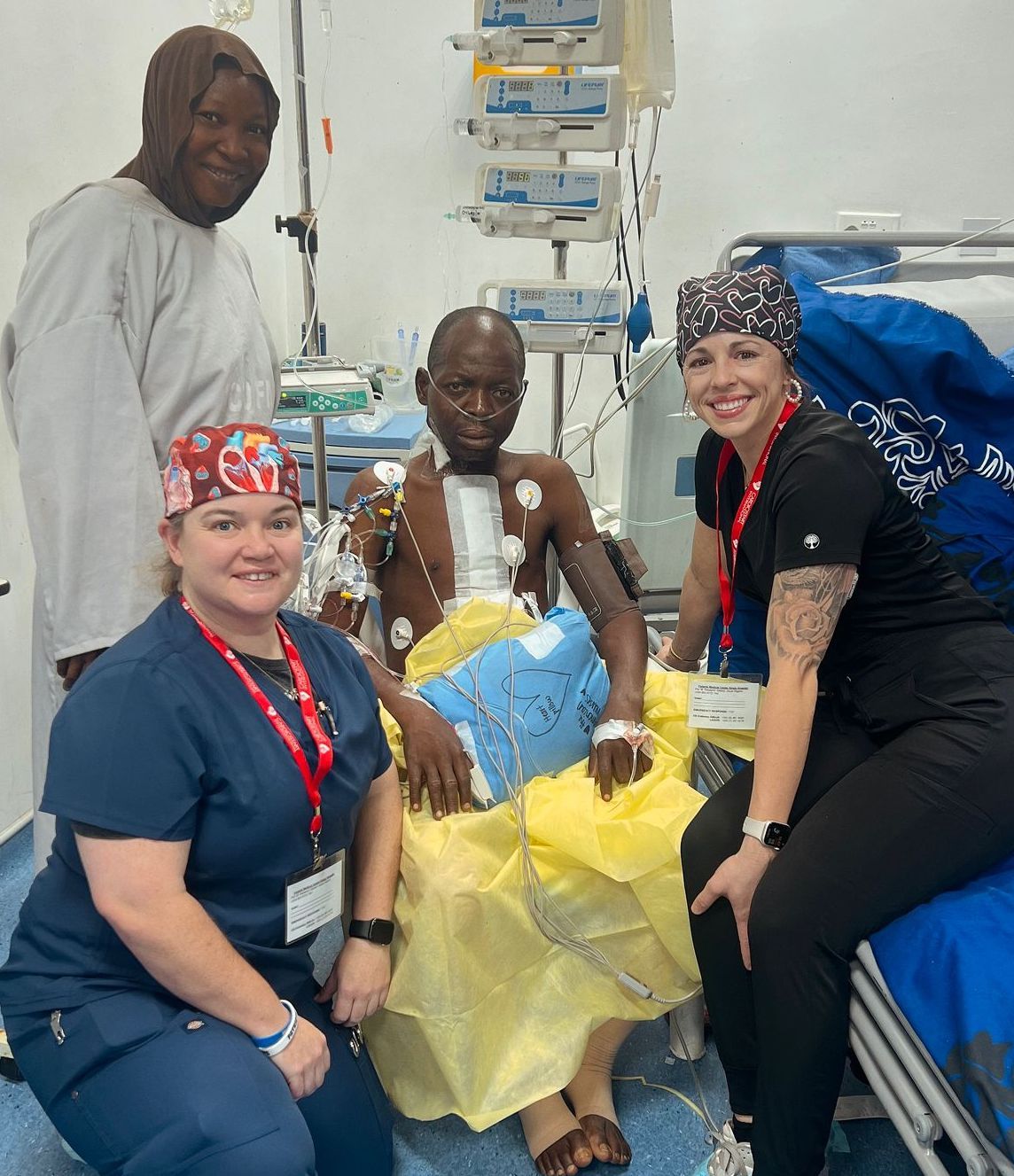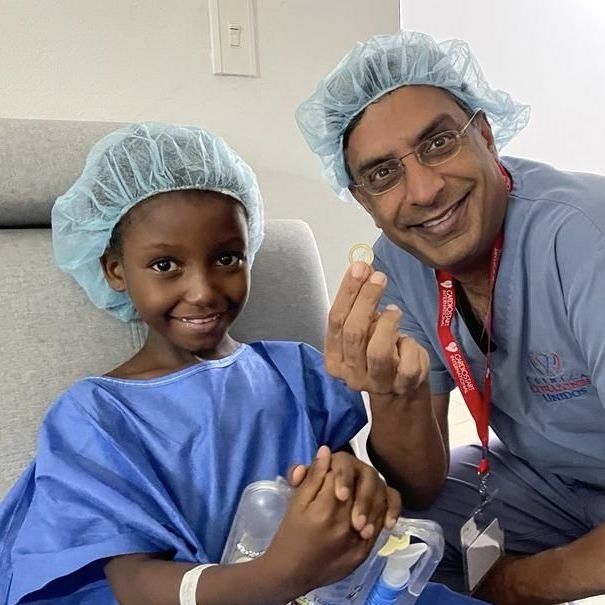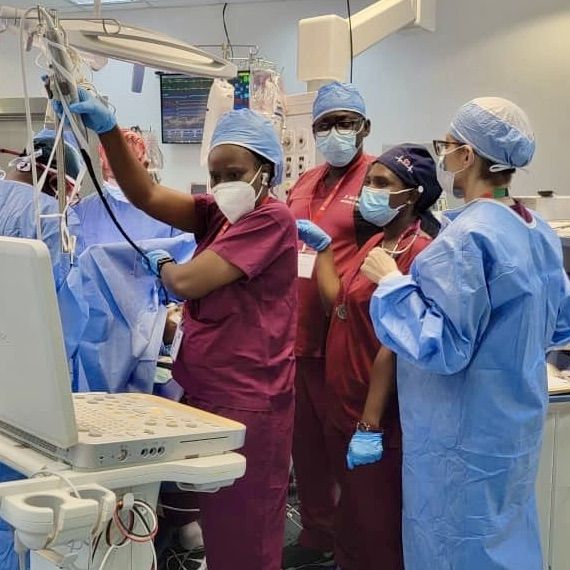Our Missions
Mission Overview
As an international humanitarian healthcare organization, CardioStart provides free cardiovascular surgery and medical services to those in need in underserved regions of the world. International healthcare volunteers assemble into 30-40 person teams for two-week missions in countries where there is no social safety net. Most recently, we have travelled to, or will travel to Peru, Uganda, Haiti, Ghana, the Caribbean Islands and Vietnam. Using donated time and equipment, we have completed 55 humanitarian missions in 27 countries and have enjoyed surgical outcomes comparable to those achieved in some of the best cardiac centers in the United States.


Life-Saving, Life-Changing Surgeries and Procedures
Most “routine” cardiac surgeries in the United States are unavailable in developing countries. The benefits of surgery in young adult and pediatric patients with congenital or acquired heart disease are immeasurable. For the child with congenital heart disease, the chance to grow to adulthood brings joy to his family and the entire local community. Adults with debilitating rheumatic heart disease can usually return to a fully productive life and care for their families after corrective valve surgery. We have expanded our program from cardiac surgery to interventional cardiology as more countries are acquiring catheterization labs. We now assist with pacemaker implantation programs and education.
Value of Skilled Volunteers
CardioStart surgeons stand side-by-side with local surgeons teaching advanced life-saving surgical techniques. CardioStart cardiologists teach advanced techniques and skills to local doctors, whereby sustaining patient care and treatment long after CardioStart volunteers leave the country.Nurses with varied skills and experience provide education to local nursing staff in classrooms and bedsides. Their didactic and hands-on teaching helps to raise local nurses’ skills to advanced standards.CardioStart biomedical engineering volunteers are an undeniable asset to the team and to the local medical staff. With their expertise, they repair disabled and non-functioning equipment and teach local staff how to repair life-saving machines in the future.



